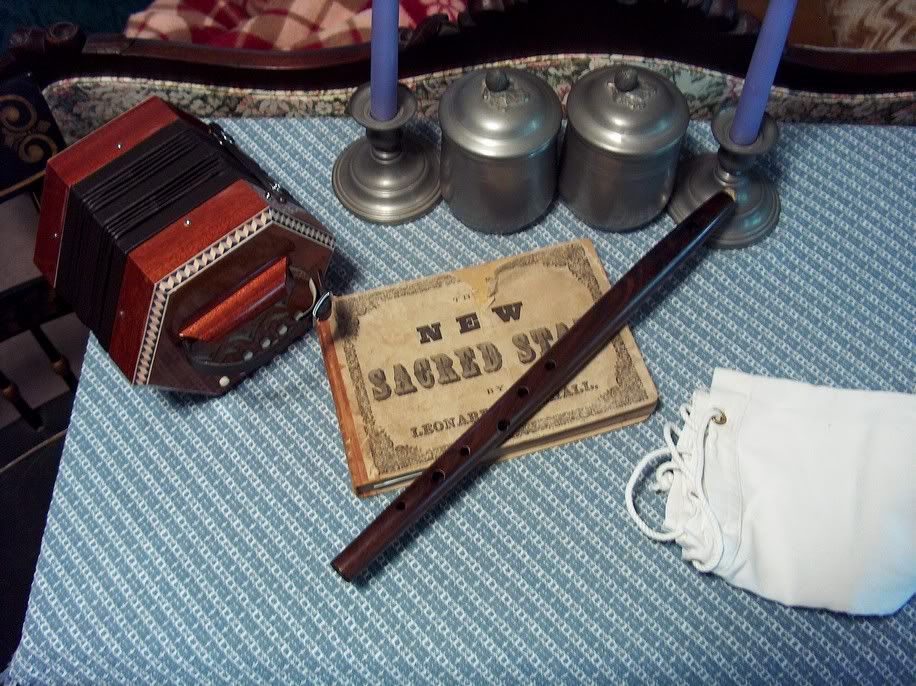I feel a little obliged to wade into the bore oil controversy and get my feet either sticky or slippery. I’m not an expert on anything I’m going to talk about, but there are some issues which haven’t yet been raised here.
Some (actually, many) years ago I worked for an industrial finishes manufacturing company (in other words, a paint maker) and my job was to promote sales to musical instrument manufacturers. As a guitar player with retail music experience I knew nothing about paint beyond “wet,” “dry,” and maybe “pretty.” So I was on a pretty steep learning curve for a time so as to not embarrass myself or, worse, my employers when I went out to talk to instrument makers.
Basically, I learned most finishes are made up of three components. An article on Wikipedia calls them binder, diluent, and filler and additives. They can also be called oil, solvent, and solids. According to Wikipedia, only the binder (oil in our discussion) is essential. In fact, oil has elements of the other two components. So when we oil the bore of a flute, we are actually applying a finish to it.
So why do this? There are two main reasons, to protect and to restore. Think about what happens inside a flute. Stormy Weather. A warm wet wind gets blown across a wooden surface. Depending on the type and condition of the wood, it will absorb some of this moisture, then dry out. As a result, the wood can first swell, then shrink. The surface can become uneven, and the instrument itself can split or warp.
And think about the nature of that warm wet wind we blow. Yes, there is water. And digestive enzymes. And beer. Germs. Halitosis. Barbecue sauce. Sounds like a NASA weather report from a planet closer to the Sun than our own. I have trouble believing this stuff is good for the insides of flutes.
Finishes often serve as sacrificial protective barriers. That is, a finish is destroyed as it protects the surface underneath. Then we replace the finish. Think of the varnishes and paints used on boats and houses. Which would you rather do? Repaint? Or replace the wall or window sill years of wind, rain, and summer sun have destroyed?
The other thing an oil can do is restore dry and damaged wood. It can replace both the moisture and solids neglect, abuse, and climate suck out of it. I was able to turn a junk maple fife into a pretty good-playing instrument by first sanding smooth the bore (it looked like a corn cob turned inside out when I started) then oiling it. I repeated the sanding and oiling several times, until the grain no longer rose when I oiled the bore. At one point I thought I had gone too far, that I had over-oiled the thing and ruined it, because it wouldn’t play clearly. But I let it sit a few days and the problem disappeared. (Or maybe my embouchure improved!) In any event, my junky little maple fife now plays well and sounds pretty darned good. I read with interest comments about how over-oiling had ruined instruments. I’m curious as to what actually happened (first-hand experiences only, please).
With one caveat, I don’t think the type of oil one uses matters all that much. My one concern is safety. If there is any mention on the label of calling a physician or the Poison Control Center, or how the fumes from the oil can induce hallucinations, convolutions, or death, maybe that product ought not to be slopped onto something which is going into or next to our mouths for extended periods of time. In other words, let’s not use stuff which will make us sick or dead. Petroleum products are out. Any light oil from a non-toxic vegetable source ought to do the job. Recently I was introduced to Bore Doctor (
www.doctorsprod.com). Although a bit pricey, it is made for our purpose, safe enough to drink (though not very tasty) and comes in all sorts of different-sized containers.
There. I think I’ve said my say. Thanks.
